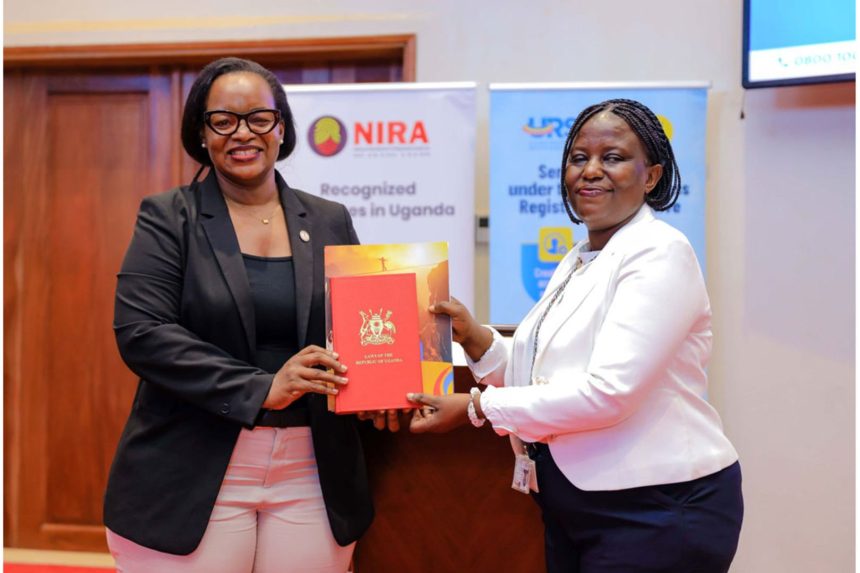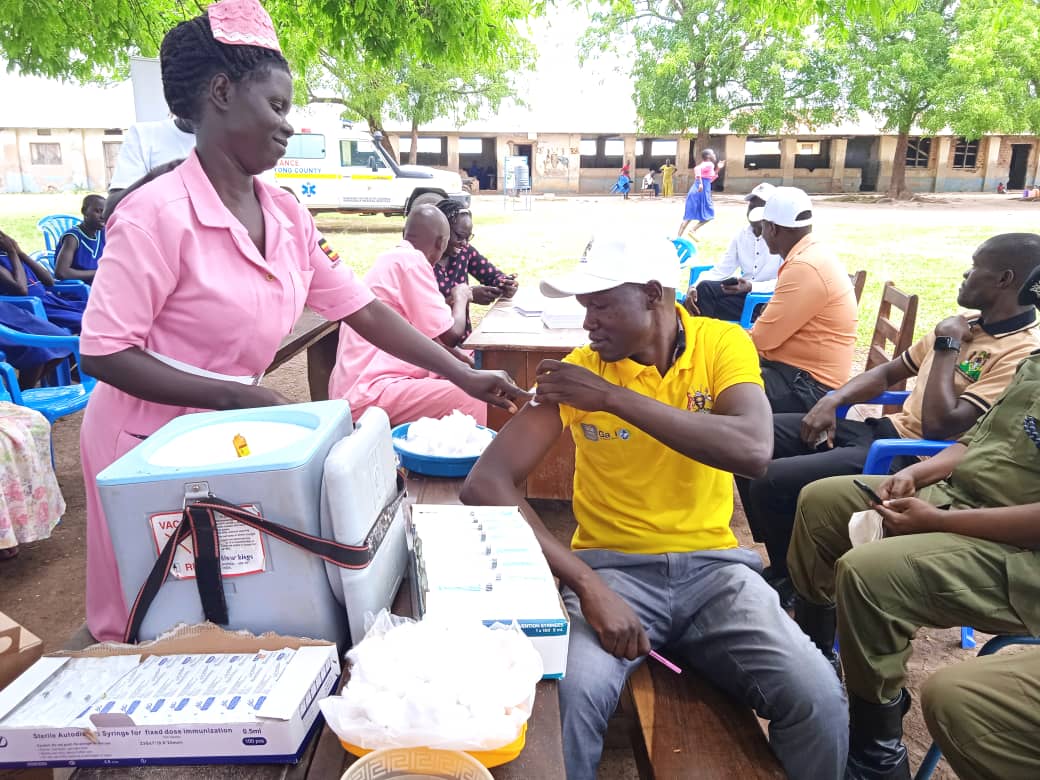The National Identification and Registration Authority (NIRA) has registered 3,623 marriages in just six months since assuming responsibility for marriage registration from the Uganda Registration Services Bureau (URSB). This achievement marks a significant milestone in the government’s broader efforts to streamline public service delivery.
The shift follows the enactment of the URSB Amendment Act, 2024, which formally transferred the mandate for registering civil, faith-based, and customary marriages to NIRA. The reform is part of the Rationalization of Government Agencies and Public Expenditure (RAPEX) strategy, aimed at eliminating duplication, enhancing efficiency, and optimizing resource use across government institutions.
According to NIRA Executive Director Rosemary Kisembo, the newly registered marriages reflect Uganda’s rich religious and cultural diversity:
-
2,460 Christian marriages
-
820 Muslim marriages
-
256 customary marriages
-
5 Hindu marriages
“These figures highlight the importance of centralizing marriage registration under a single authority,” she said.
In addition to registering marriages, NIRA has licensed 64 churches to conduct weddings and processed 662 official marriage-related searches within the same period.
As part of its modernization agenda, NIRA has introduced a digital marriage registration system, enabling couples to register their unions online. This reduces the need for physical visits to NIRA offices and improves convenience for the public.
“Marriages that are celebrated are also supposed to be registered,” explained Vincent Katutsi, NIRA’s Commissioner for Civil Registration. “Traditionally, the process has been manual, but we are now introducing a system that allows church celebrants and other authorized officials to register marriages directly online.”
Kisembo expressed optimism about the increasing number of registered marriages and reaffirmed NIRA’s commitment to supporting the government’s public service rationalization drive.
“NIRA shall continue to rise and soar on the wings of the new marriage registration function,” she said. “We are committed to transforming and realizing the government’s vision for a streamlined civil registration system.”
Reflecting on NIRA’s evolution, she noted the agency’s growth from its beginnings in the National ID project to a fully decentralized institution with 119 branches nationwide.
“From its humble beginnings, NIRA has blossomed into an affable organization. With this new mandate, we are confident it will soar even higher,” she added.
The URSB Amendment Act, 2024 consolidates all civil registration functions related to natural persons under NIRA. URSB retains its role in registering juridical persons and non-incorporated entities. According to the Legal and Parliamentary Affairs Committee, the law clarifies institutional responsibilities to ensure more efficient service delivery.
Justice Minister Nobert Mao welcomed the reforms, describing them as a logical continuation of earlier efforts.
“We’ve already transferred birth and death registration to NIRA. This amendment ensures that marriage registration joins that continuum,” he told Parliament. “It’s about consolidating services under one agency.”
A Broader Mandate for Civil Registration
With its expanded role, NIRA now oversees:
-
Registration of all civil, religious, and customary marriages
-
Licensing of religious institutions to conduct weddings
-
Maintenance of official marriage records under the Marriage Act and the Customary Marriage (Registration) Act
-
Issuance of single status letters
-
Maintenance of a register of adopted children
In just half a year, NIRA has made notable progress in implementing its new responsibilities. The registration of over 3,600 marriages and the rollout of digital tools demonstrate a strong commitment to inclusive, accessible, and efficient public service.
However, successful long-term implementation will require sustained political support, adequate funding, and robust inter-agency collaboration to ensure NIRA fully delivers on its expanded civil registration mandate.




















